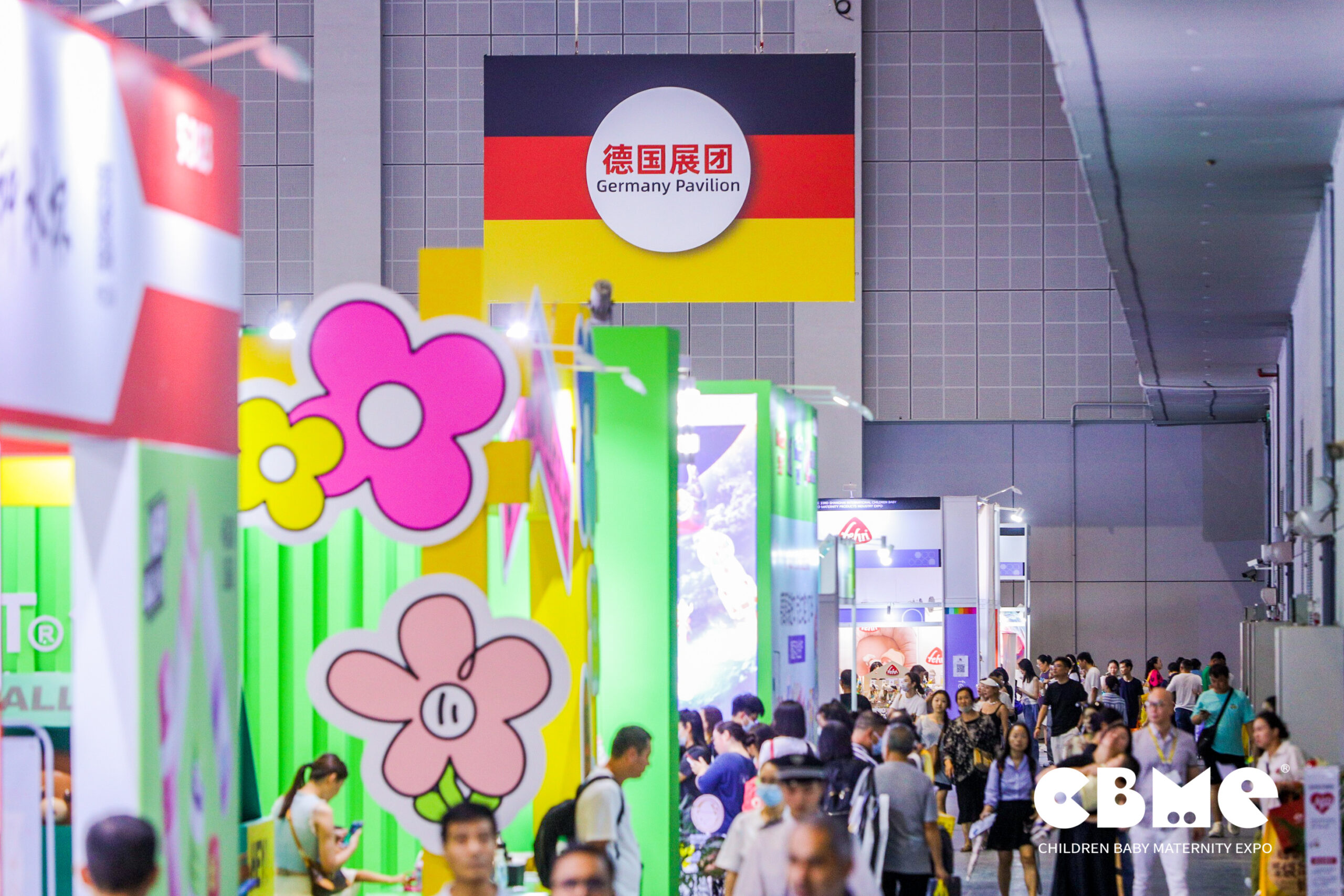Miniature branded toys have become a global phenomenon, capturing the attention of kids and parents alike. A tiny 5.5cm replica of Dove body wash—identical in shape, branding, and packaging to its full-size counterpart—now sits alongside the real product in homes. These miniature branded toys blur the line between harmless fun and strategic kids marketing toys, raising questions about their role in early toy consumerism.
What’s Inside the Surprise? The Allure of Mini Brands
Zuru’s 5 Surprise Mini Brands range has taken the toy consumerism world by storm. Each plastic ball “blooms open” to reveal five random miniature branded toys, from a jar of Hellman’s mayonnaise to a tiny tin of Spam. These collectibles have fueled a wave of kids marketing toys, becoming one of the top-searched toys during the last Christmas season. Despite retailing for around $10, online resellers in the UK now list them for up to £25.
Kids Marketing Toys: Logos in Little Hands
It’s not the first time branding has invaded the toy aisle. From the Barbie McDonald’s Restaurant Set in the 90s to mini BMW ride-on cars, kids marketing toys have long served as brand ambassadors. What’s different today is that the miniature branded toys themselves are direct replicas of real-life consumer goods, not just accessories. This intensifies their role in shaping toy consumerism behaviors at a very young age.
Related Article: The Top 10 Plush Toy Brand Power List for 2024 is here—who holds the new key to traffic? Who is the ultimate champion?
Miniatures and the Psychology of Toy Consumerism
Why are children so drawn to miniature branded toys? According to childhood studies professor Daniel Cook, miniatures allow children to exercise power through imitation. Playing with these mini consumer goods enables a form of mastery over adult environments, subtly reinforcing toy consumerism and brand loyalty. This psychological play dynamic is a powerful tool in kids marketing toys strategies.
Related Article: Where Are the Growth Opportunities in the Toy Industry in China?
Are Miniature Branded Toys Harmless Fun or Consumer Training?
As more brands enter the mini market—from supermarket chains like Marks & Spencer to global food conglomerates—the question looms larger: Are we training a generation of mini consumers? While miniature branded toys undeniably charm both kids and adults, they also act as potent vehicles of toy consumerism, embedding logos and brand familiarity at a formative age.
Related Article: Maker of Collectible Toys Goes Full Steam Ahead to Meet Growing Global Demand
By The Guardian








